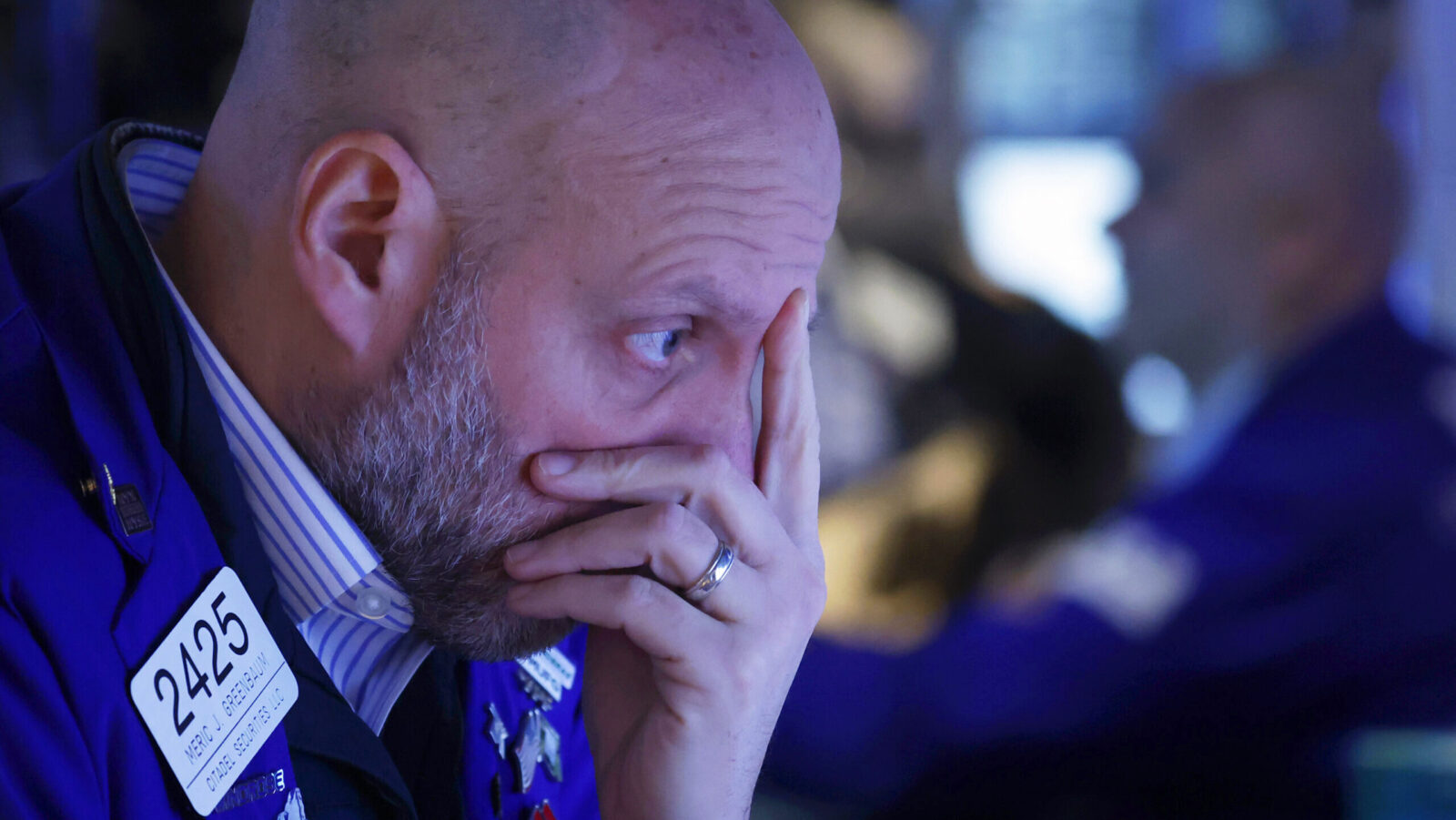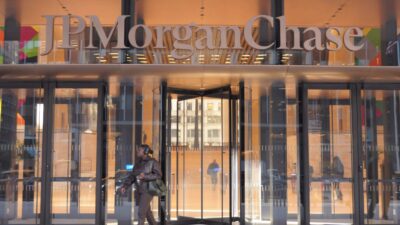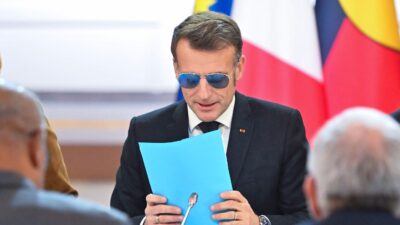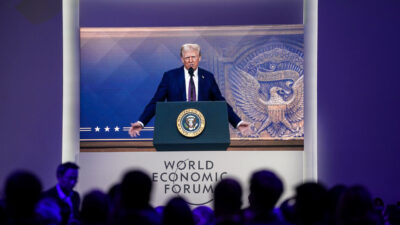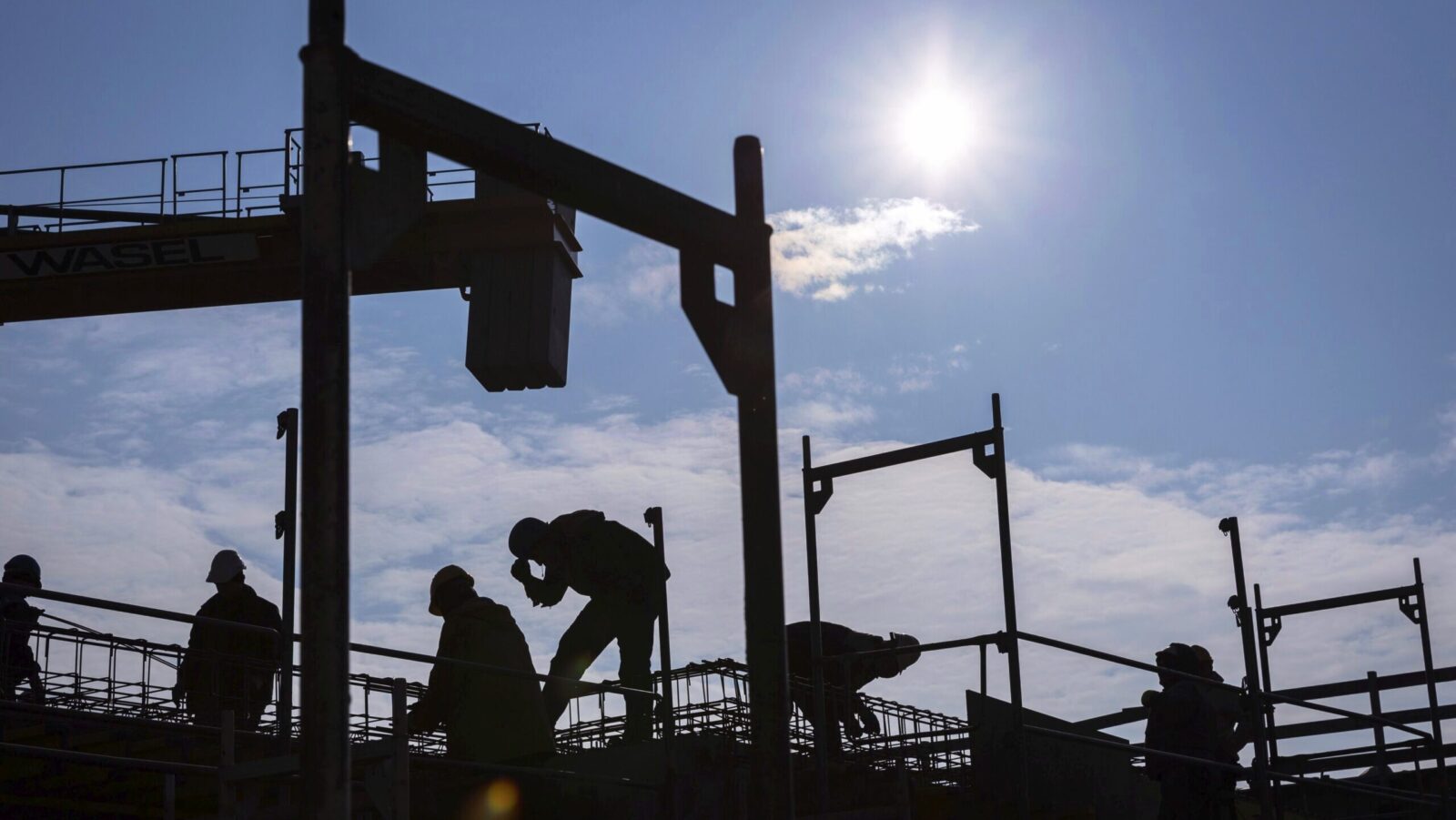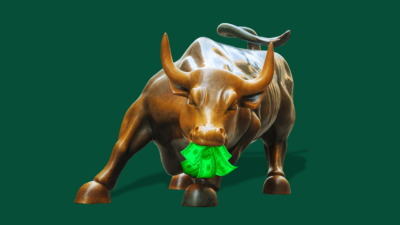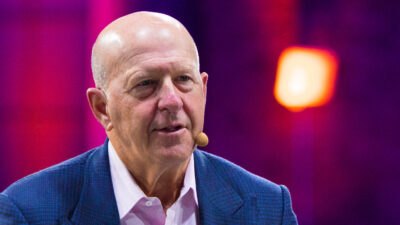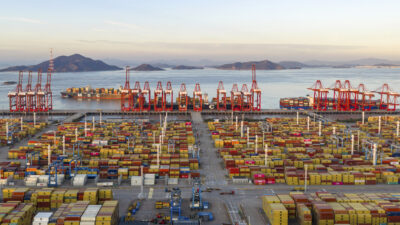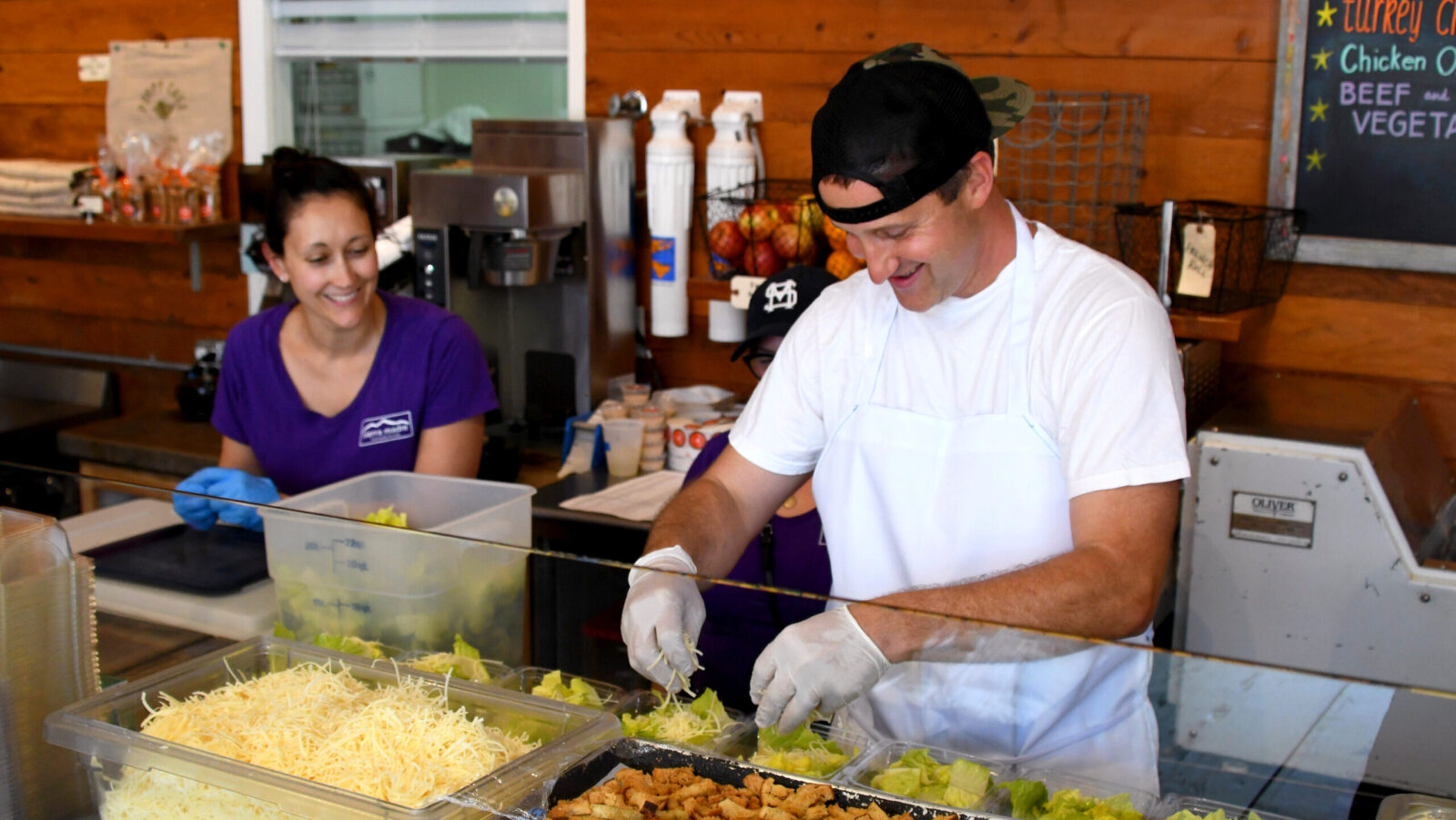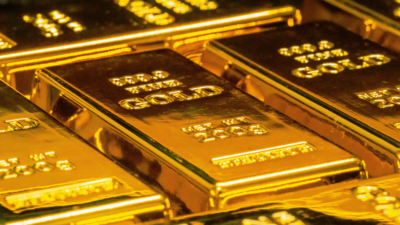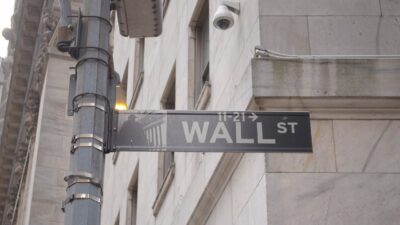‘Not Optimistic’: Washington Hits Tariff Impasse with Switzerland
Small, mountainous Switzerland — a country that ranks 61st in the world by total area — is one of the world’s biggest investors in the US.
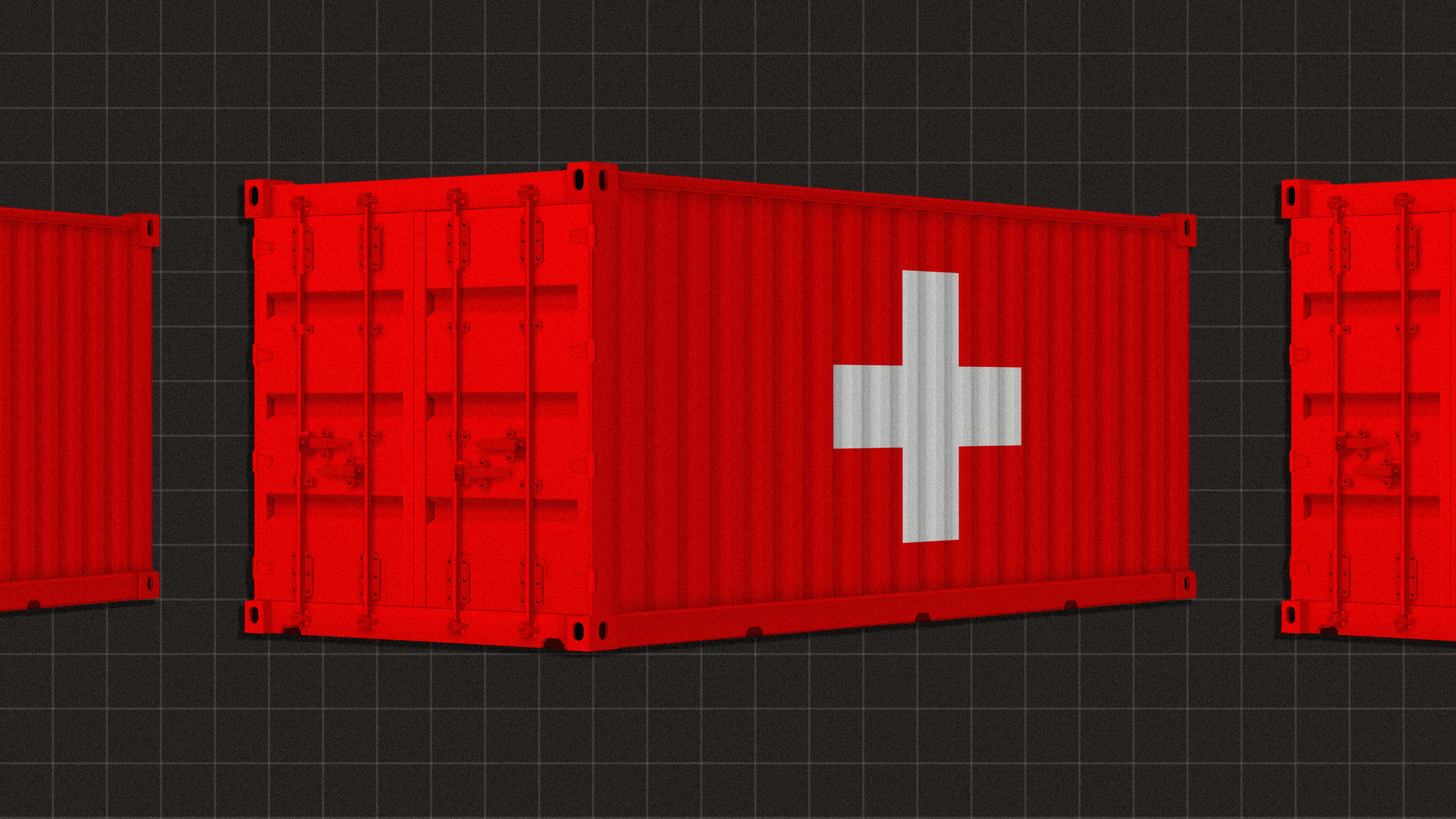
Sign up for smart news, insights, and analysis on the biggest financial stories of the day.
The US is Switzerland’s most important trading partner, receiving 18% of its exports.
Following the implementation of Trump’s 39% tariff last month, Swiss financial giant UBS cut its economic growth forecast for the country to 0.9% in 2026 from a previous estimate of 1.2%. If the levies remain in place and no deal is struck, the bank said up to 0.4% percentage point could be shaved from Swiss growth next year.
Small, mountainous Switzerland — a country that ranks 61st in the world by total area — is one of the world’s biggest investors in the US. The country’s $350 billion foreign direct investment in America ranks sixth in the world, not in per capita terms, either, in real dollars.
The US Bureau of Economic Analysis estimates that the roughly 4,000 subsidiaries of Swiss companies in the US employ 407,000 Americans. According to the Swiss government, those subsidiaries pay the highest average salary ($109,000) to US employees of the seven largest national investors in America.
That’s what happens when you’re the home of powerful multinationals like Novartis, Roche and Nestlé.
‘Hit by the Tariff Sledgehammer’
Trump argues that many countries benefit disproportionately from access to the US market without giving the US a fair return.
In Switzerland’s case, a $38 billion goods trade deficit last year, up 56% from 2023, raised the president’s concern. “That’s a big deficit,” Trump said last month.
That, analysts at investment bank J. Safra Sarasin wrote, was Trump’s justification for hitting Switzerland with “the tariff sledgehammer,” putting its rate well above the EU’s 15% or the UK’s 10%.
Swiss officials have balked at some of the US administration’s calculations: For one, the US had a services trade surplus of $29.7 billion with Switzerland last year, up 31% from a year earlier. That means the total goods and services deficit with Switzerland was $8.6 billion, much lower than the $38 billion figure the administration has focused on.
Switzerland also faces uncertainty regarding the federal court’s tariff ruling: The president didn’t sign off on its tariffs until July 31, later than other levies and after the court challenge had already been launched.
That means the executive order authorizing the Swiss tariffs wasn’t addressed in the appellate case, nor is it mentioned in the 127-page ruling that deemed five other executive orders unlawful.
The head of the Swiss-US Chamber of Commerce told NZZ am Sonntag his group assumes the outcome of the case will apply to Switzerland regardless. But there’s no guarantee the Supreme Court rules against Trump. Even if it declines to take the case or upholds the appeals ruling, most experts expect the administration to pursue other means to enforce tariffs.
Gold and Pharma: Two Sticking Points
The current tariffs on Switzerland target roughly 60% of its exports to the US, according to the Swiss government. But, for now, the US has exempted the two largest Swiss exports, gold and pharmaceuticals, from the levies.
Because Switzerland refines about 70% of the world’s gold supply, the high volume of bullion shipped from the country can inflate its apparent trade surplus with the US.
The world’s gold trade flows between New York and London, but bars make a stopover in Switzerland, where they’re recast into different sizes because the two leading financial hubs use different metrics. While Switzerland exports $100 billion of gold a year, the gold refining sector operates at very low margins, earning just a few hundred million dollars in the same time frame.
The soaring demand for gold caused by tariffs this year has boosted refining in Switzerland, adding to the distortion of trade data. In the first quarter, for example, a record $36 billion in bullion exports accounted for over two-thirds of Switzerland’s trade surplus with the US.
The Swiss National Bank argued that Washington should leave gold out of its tariff calculation. The trade deficit, based on the US calculation that factors only goods and includes gold, stands at $59 billion this year, the newspaper Aargauer Zeitung reported Friday.
The biggest reason Switzerland has a trade surplus with the US is its leading pharmaceutical industry. Last year, the sector exported $30 billion of treatments to the US, nearly half of Switzerland’s exports to the country, and roughly equivalent to 4% of Switzerland’s GDP.
Trump has lashed out at overseas pharma companies in Switzerland and elsewhere for charging higher prices to Americans.
In July, his administration sent an ultimatum to major pharmaceutical companies, including Novartis and Roche subsidiary Genentech, urging them to take steps to lower US prescription drug prices to “most favored nation” levels by late September.
“How did [the Swiss] become so rich?” Trump’s Commerce Secretary Howard Lutnick asked in an interview with Bloomberg Television on Friday. “They sell us pharmaceuticals like it’s going out of style, right? They make so much money off America; that’s why they’re rich.”
Even though the pharmaceutical industry is currently exempt from tariffs, it’s only because the Trump administration is preparing even steeper levies under a different mechanism. Trump said last month that, in the next year, drug imports could face tariffs of “150% and then it’s going to go to 250% because we want pharmaceuticals made in our country.”
The US is therefore likely to expect significant concessions from Switzerland and its pharmaceutical sector if the two sides are to achieve a deal. “I am not optimistic,” Lutnick told Bloomberg TV.
Deal or No Deal
The crown jewel of the Swiss economy is its financial sector.
Leading investment bank UBS has stood strong, reporting profit before tax surged 49% to $2.19 billion in the second quarter.
But macroeconomic factors, driven by Trump’s moves, are adding complexity. The Swiss franc, often viewed as a safe-haven asset during market turbulence, has climbed over 13% against the US dollar this year.
The currency’s surging value is weighing on inflation, where Switzerland has the opposite problem of much of the world. Consumer prices are climbing too slowly, just 0.2% year over year in August, according to the Swiss National Bank.
Months of deflationary data already led the central bank to slash its key interest rate to 0% in June, in the hope that it would stimulate spending.
The interest rate cut means banks now expect declines in their interest income. In July, UBS and Zürcher Kantonalbank started applying interest rates of -0.2% and -0.25%, essentially charging for holding their liquid assets.
Swiss monetary policymakers have their next meeting later this month, but have already said it would take more incentive than usual to place interest rates into negative territory. Financial experts aren’t ruling it out.
“A return to negative interest rates before year-end appears increasingly probable,” ING analysts wrote in June.
“In Switzerland, severe job losses are all but certain in the coming months, if there is no swift resolution to the US tariff shock,” J. Safra Sarasin analysts wrote in an investor note last month. “As a result, the likelihood of negative SNB policy rates has risen.”
That scenario would not be entirely new, as Switzerland spent seven years with negative interest rates from 2015 to 2022. But, as it did then, a return to negative rates would squeeze the $4.1 trillion Swiss banking sector’s profitability by reducing the interest margins on their domestic savings and mortgage businesses.
It would also prove poor timing for UBS, which is still reeling from a government proposal requiring it to hold $26 billion in additional core capital.
“The marginal benefits of cutting the policy rate to below zero are declining while potential negative side-effects, especially for financial stability, are increasing,” added J. Safra Sarasin’s analysts.
It’s a lot to digest for one small country. At least officials have the world’s best chocolate to soothe the stress.
